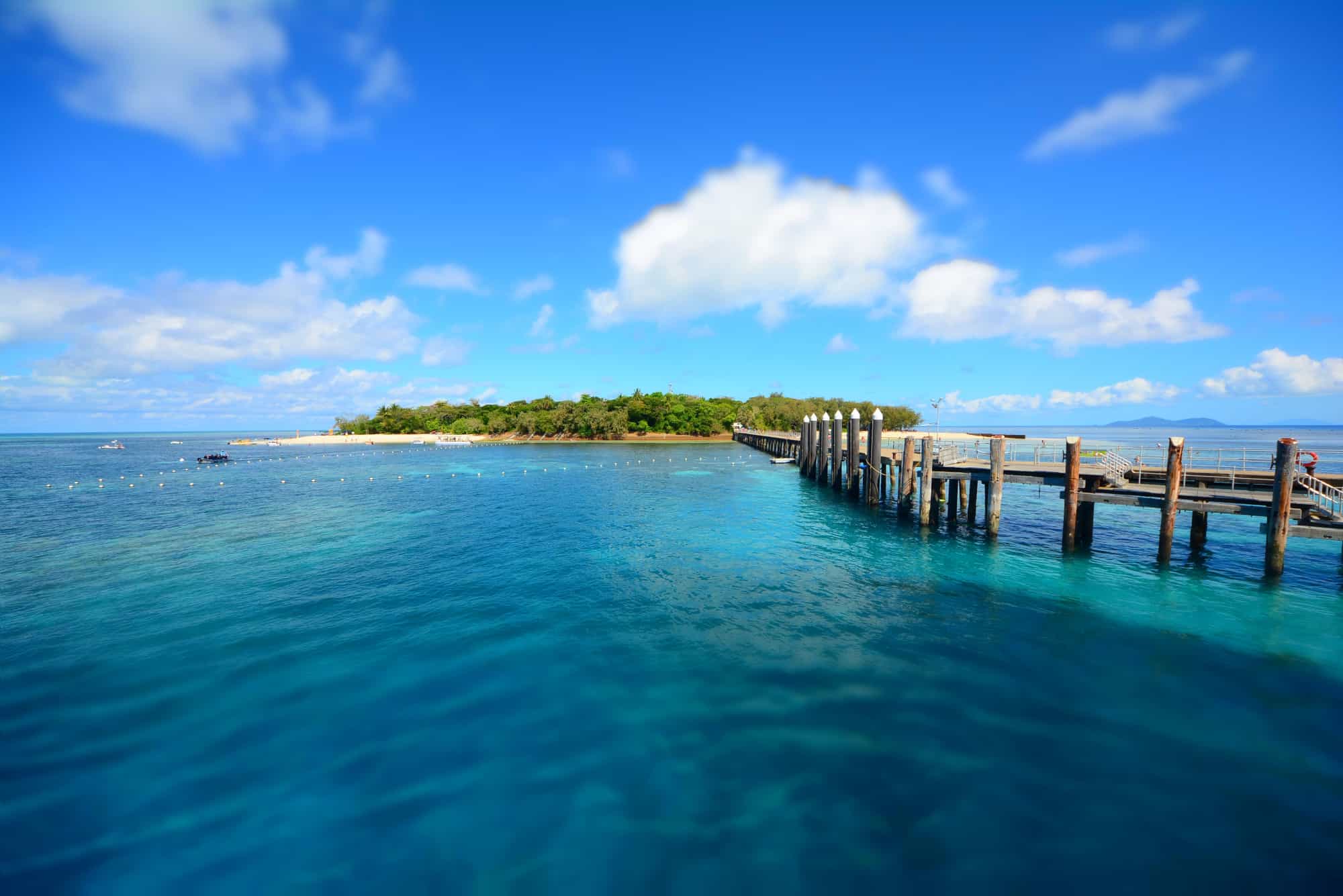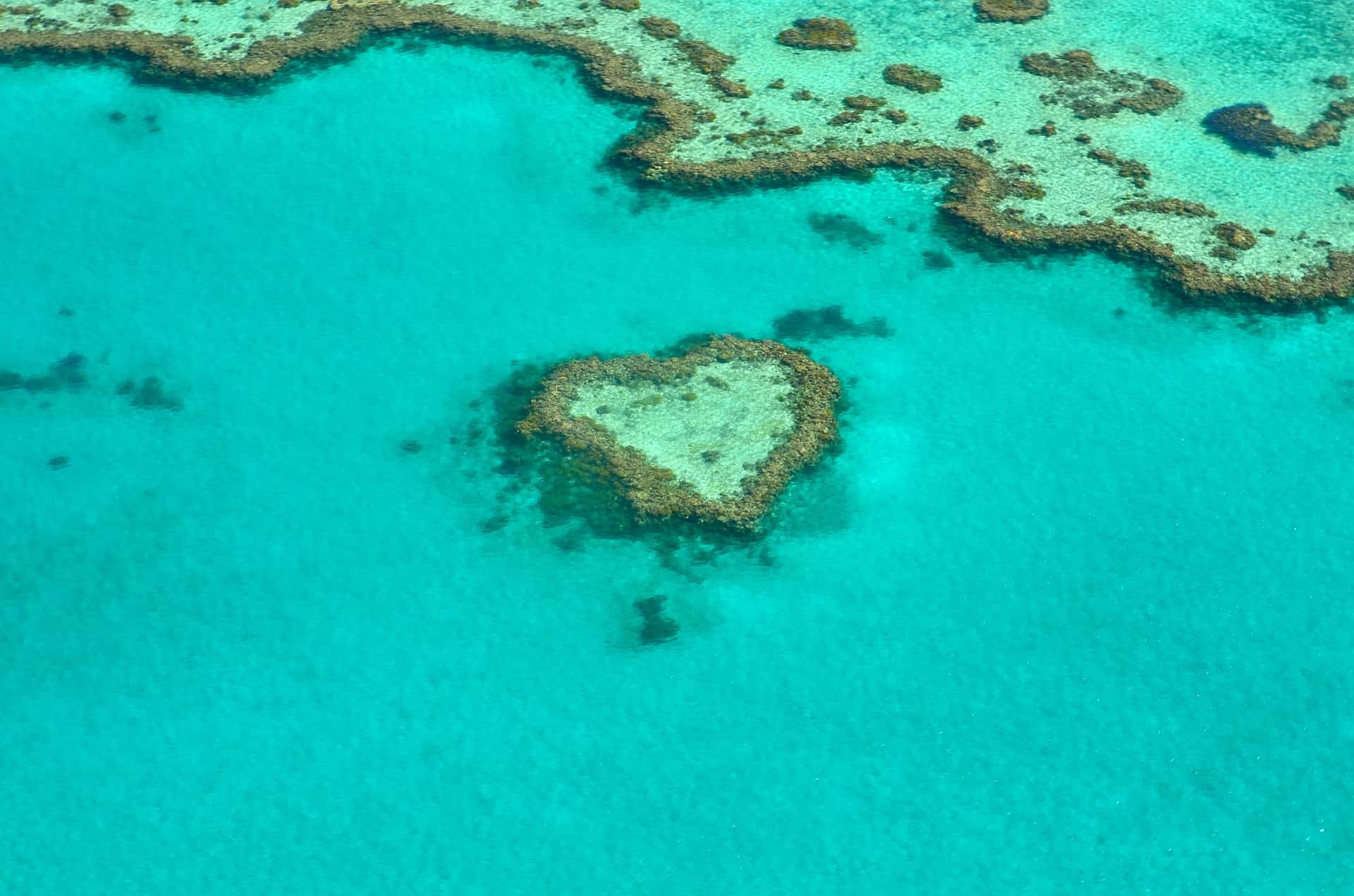

Image by alicia3690 from Pixabay
As the Federal Government’s anger at Unesco’s stance over the Great Barrier Reef simmers on, environment minister Sussan Ley has travelled overseas as part of a campaign to “stand up for Australia’s interests and support Reef communities and tourism operators”.
This is ahead of the UN organisation’s World Heritage Committee meeting hosted by China later this month, where it is proposed to put the Reef on an ‘In Danger Listing’.
While many environmentalists and activists has welcomed the Unesco move as being a necessary protection, the Government has reacted with outrage and come out fighting, saying it is a deviation from normal process in assessing World Heritage property conservation status.
Ley is now visiting a number of countries and holding meetings with Unesco delegates as the Government continues to lobby and to raise its concerns about a lack of process – including an absence of proper consultation or a site visit prior to the proposed listing.
“We will strongly oppose the draft decision at the next World Heritage Committee not only because of our concern in relation to the Reef, but because we believe the process risks damaging the integrity of the World Heritage system,” the minister said.
“Our officials remain stunned by a back flip on previous advice from UN officials that no property would face such a recommendation if it wasn’t foreshadowed in 2018/19, and are concerned about a deviation from normal process in assessing … property conservation status.”
According to Ley, the Great Barrier Reef is the best-managed reef in the world and the latest draft recommendation has been made without examining the Reef first-hand and without the latest information.
She said several countries had also voiced their concerns about the World Heritage listing processes and it was important to take the time to conduct face-to-face meetings.
“I want to ensure a proper process for the World Heritage assessment of the Reef and a recognition for the work of scientists, communities, tourism operators and Traditional Owners who are protecting it under the Reef 2050 plan,” Ley stated.
But many are not in agreement. In an opinion piece for the Guardian Australia newspaper on Monday, renowned musician and former Labor cabinet minister Peter Garrett said the government had to take responsibility for the Great Barrier Reef and stop looking for someone else to blame.
“When Unesco released its recommendation to the World Heritage Committee in June to place the Great Barrier Reef on the In Danger List, the first reaction of the Federal Government was to blame China,” he wrote.
“China is the chair of this year’s committee meeting and given its standing in the international arena, how good was it for the government to use Chinese influence as a straw man? Planting a conspiracy theory with a willing media accomplice is too easy.”
At the beginning of July, five of the world’s leading reef and climate scientists thanked Unesco for recommending the Great Barrier Reef be listed as being In Danger, saying it was the right decision, in part because Australia had not “pulled its weight” in reducing emissions.
The group of scientists, including the Australian professors Ove Hoegh-Guldberg and Terry Hughes, wrote to the UN body saying the recommendation to downgrade the 2,300-km reef system’s World Heritage status was “the right decision”.